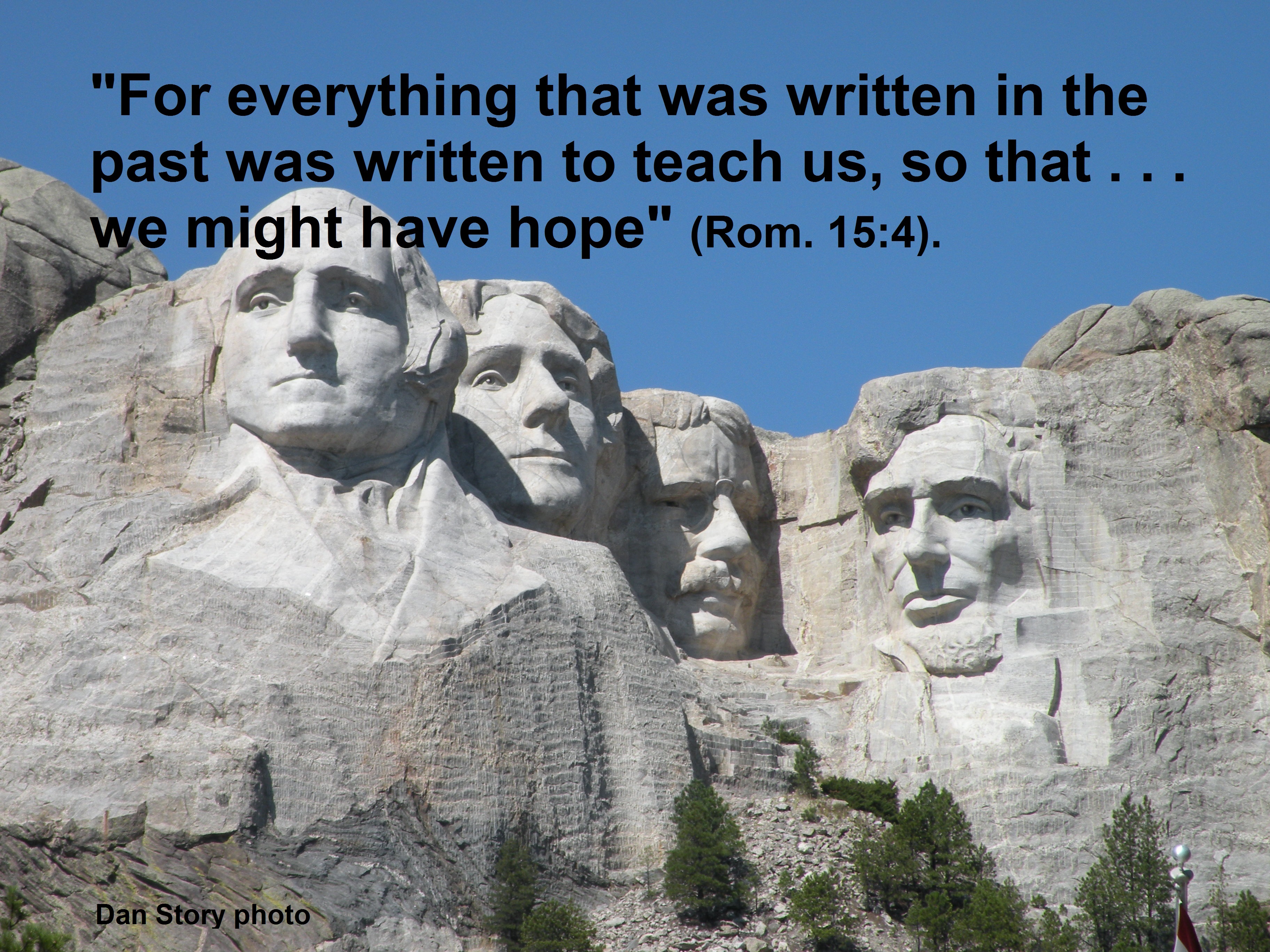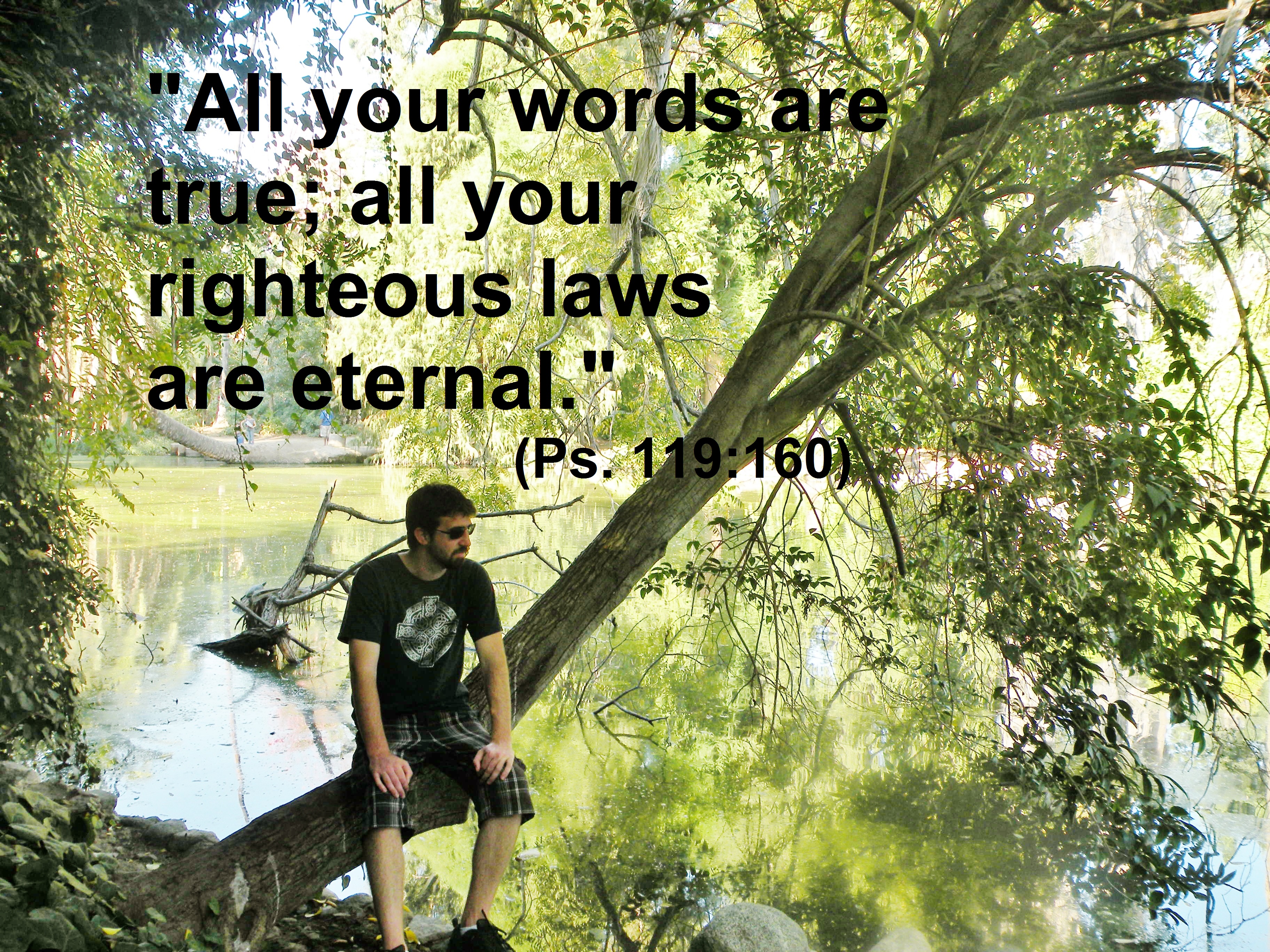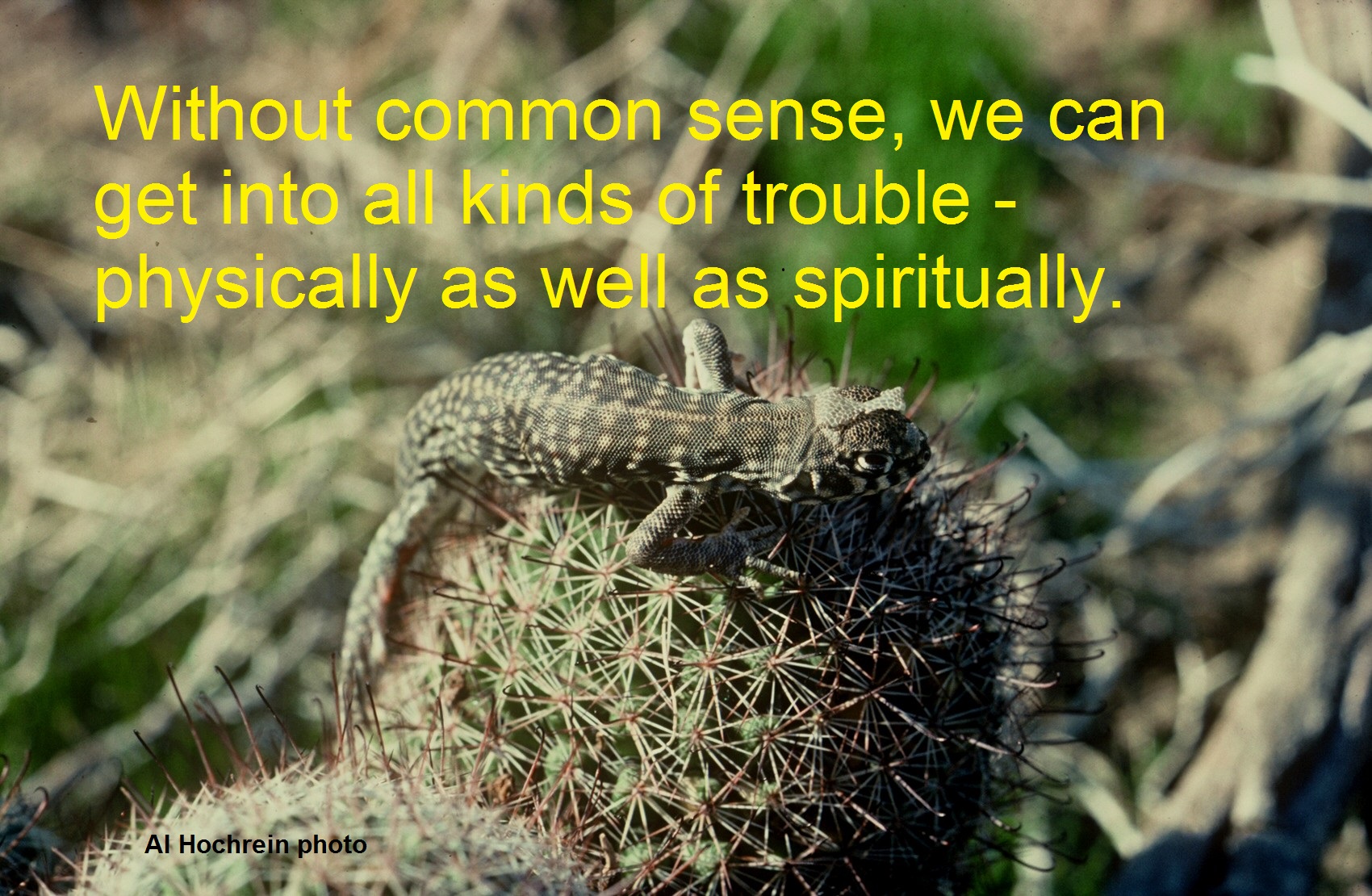
Part Six: Can History Establish Christianity as the One True Religion?
If spiritual seekers were to make a decision on which one of the many hundreds of competing religions is true based entirely on the evidence—and if they are intellectually honest—they will be compelled to accept Christianity and reject all others. As we saw in the previous two blogs, the scientific method and legal reasoning demonstrate this. We can now establish that history also provides the same level truth: For all practical purposes, Christianity is absolute truth.
All Christian truth-claims ultimately rest on the truth and reliability of the Bible. What we know about the nature of God, deity of Christ, work of the Holy Spirit, means to salvation, promised resurrection, and all other Christian truths rests squarely on the authenticity of Scripture. If we cannot demonstrate the Bible’s authority and reliability to unbelievers, they will likely consider Christianity no different than any other world religion. Its truth-claims would rest on the subjective religious experiences and personal opinions of their founders and followers. The demonstrated reliability of the Bible sets Christianity apart from all other religions.
How does historical evidence prove the reliability and authenticity of the Bible? In two ways: First, it reveals positive evidence. The same methods of historical investigation used to determine the authenticity of all ancient documents can be applied to the Bible. The result of this investigation demonstrates that in every area in which the Bible can be checked out, it is totally reliable. It is accurate and trustworthy with regard to its textual composition, accuracy of transmission, historical and scientific data, fulfilled prophecy, geographical and cultural descriptions, and more.
Second, historical investigation provides negative evidence. When the same techniques of historical investigation used to verify the Bible are applied to other religious documents, the non-Christian documents are found to be spurious. Much of their historical, scientific, and prophetic claims are false. Indeed, all non-Christian religions are conspicuous by the absence of historical evidence.
What conclusion can we draw? Since the Bible’s verifiable contents are demonstrated to be accurate and reliable, we can conclude its spiritual contents are equally trustworthy: Jesus’ divine nature, work of the Holy Spirit, salvation through Christ, promised resurrection, and eternal life in Heaven. In other words, the Bible’s spiritual truths do not stand alone. They rest on a solid foundation of verifiable historical facts. No other religious book in the world passes the test of objective historical investigation as the Bible does. There are no contenders. Christianity alone attains the highest level of certainty available in the area of religious knowledge. ©
Next Week: This week ends my present blog series. I’ll begin a new series next week titled, “The World beyond the Church,” starting with one of the most serious challenges facing Christianity in today’s secular world: The exodus of young people from their faith, especially upon entering secular colleges and universities
If you wish to avoid missing any of blogs in this new series, please join my blog email list and you will receive notices the day I post a new blog. Click on “contact” above and send me a request with your email address. I do not share email addresses.








